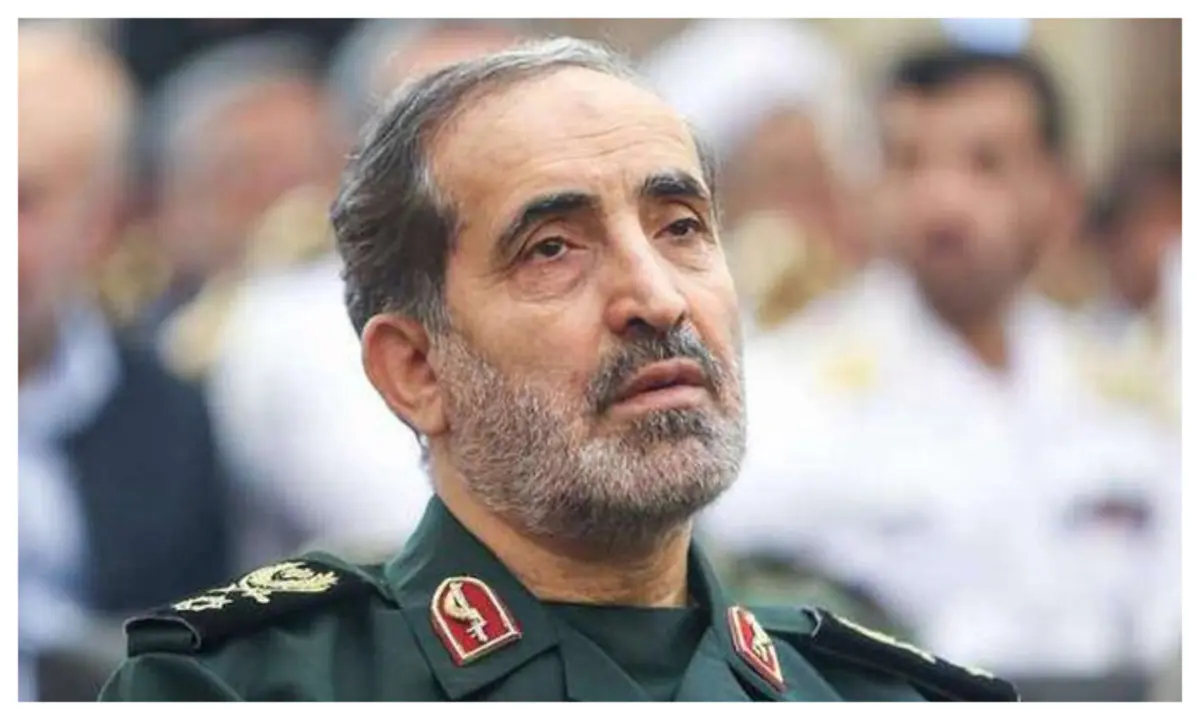The Israel Defense Forces (IDF) have confirmed the targeted killing of Major General Ali Shadmani, who had just been appointed as head of the Khatam-al Anbiya Central Headquarters — the nerve center of Iran’s wartime command.
Shadmani was appointed only two days ago by Iran’s Supreme Leader, Ayatollah Ali Khamenei, following the assassination of Major General Gholam Ali Rashid, who was killed in a similar Israeli airstrike last Friday in Tehran, Iran’s capital.
Shadmani was a senior figure in the Islamic Revolutionary Guard Corps (IRGC), Iran’s elite military force, which has played a central role in the country’s defense and foreign operations. His brief tenure at Khatam-al Anbiya underscores the volatility and urgency of Iran’s internal security reshuffle amid rising tensions.
The IDF’s strike is being viewed as part of Operation Rising Lion—a sustained military campaign launched last week that has seen Israel conduct deep strikes into Iranian military and nuclear facilities. The operation marks a significant turn in what was previously a mostly covert confrontation between the two nations.
In response, Iran launched a series of retaliatory missile and drone strikes on Israeli population centers including Haifa and Tel Aviv, damaging infrastructure and causing civilian casualties. The clashes have stoked fears of a larger regional war involving Iranian-backed groups such as Hezbollah in Lebanon, Hamas in Gaza, and possibly other actors in Syria.
The international community has expressed grave concern. The United Nations has called for immediate de-escalation, while the European Union and the United States have urged both parties to return to diplomacy. Nonetheless, speculation abounds that U.S. intelligence may have supported the Israeli operation—a claim not officially confirmed.
Also Read; G7 Condemns Iran, Backs Israel Amid Conflict
The crisis has had ripple effects across global markets. Oil prices surged following reports of instability around the Strait of Hormuz, a strategic chokepoint through which about 20% of the world’s petroleum passes. Analysts fear any blockage or escalation in the waterway could severely impact global energy supplies.
Diplomatic analysts are increasingly viewing TikTok bans, economic sanctions, and cyberattacks through the lens of this broader geopolitical struggle between Western powers and Iran.
With the loss of two key commanders in quick succession, Iran’s military leadership appears destabilized. Analysts believe this may temporarily impair the strategic coordination of Iran’s armed forces during a critical moment. However, others caution that these assassinations may instead unify Iran’s domestic political factions and accelerate its resolve.
This is not the first time Israel has eliminated senior Iranian military leaders. The 2020 killing of General Qasem Soleimani in a U.S. drone strike in Baghdad was a turning point in Iran’s strategic calculations.







